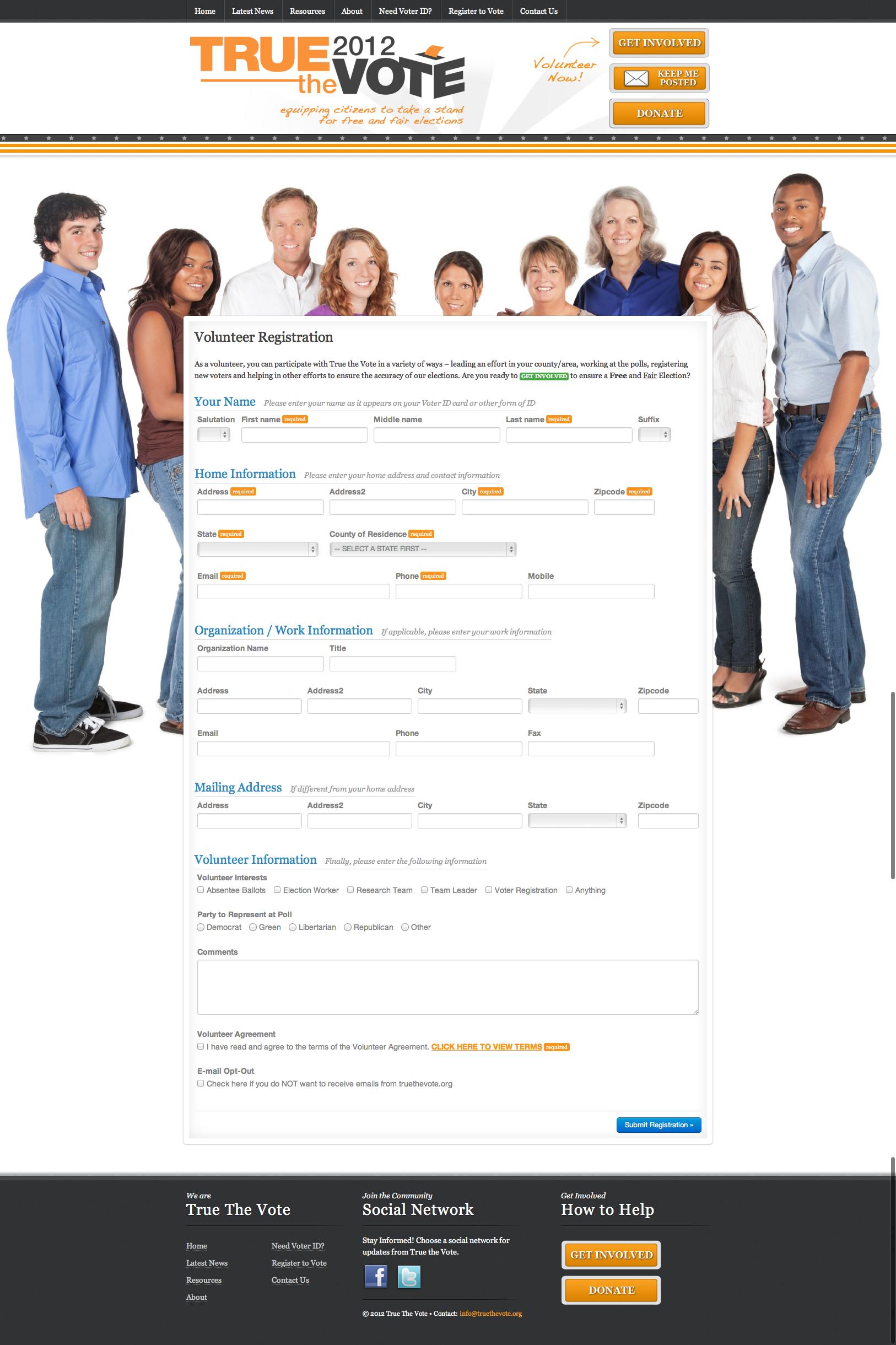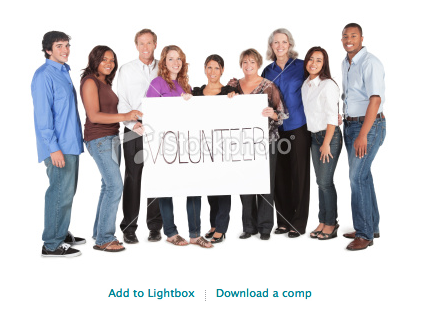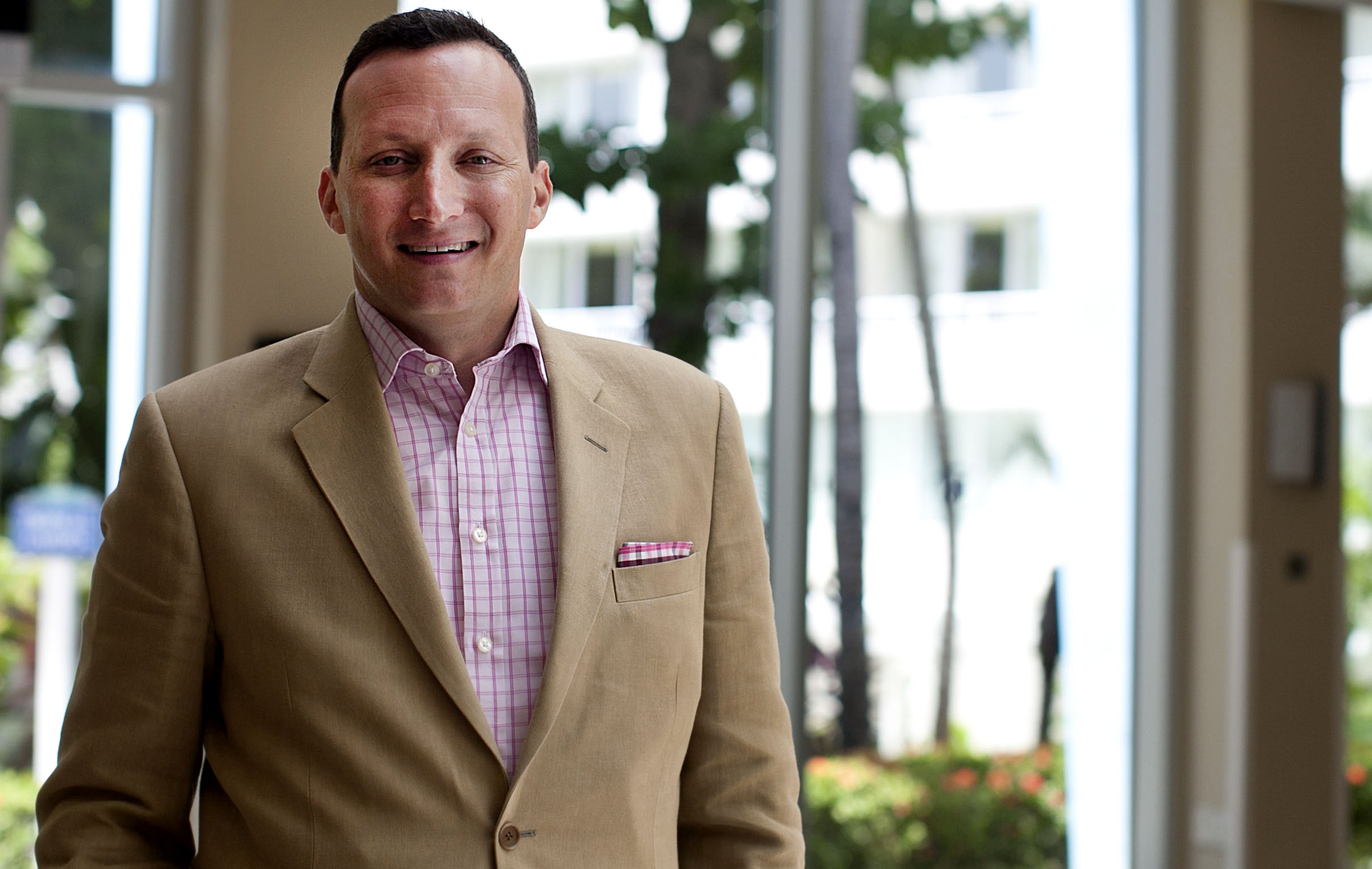This is a week of numbers.
Granted, we regularly look for numbers in our
daily Web searches – reports, data sheets and voter
surveys that help News21 reporters. But this
week has been significant already.
We talked earlier in the week about The New
York Times’ Nate Silver. Yesterday evening, the
Brennan Center for Justice – a nonpartisan research
institute based at New York University School of Law
– released a report detailing the potential
difficulties that many voters face when attempting to
obtain proper photo identification to vote.
The report is worth a read, but highlights from
the report include some pretty staggering
numbers.
Almost 500,000 eligible voters without ID live
more than 10 miles from an identification-issuing
office and lack access to a vehicle, while more
than 10 million voters are more than 10 miles from
their identification-issuing office.
Many of those offices have reduced or limited
hours, especially in rural areas with high
concentrations of the poor and minorities.
The states affected by these laws will deliver
127 electoral college votes in the presidential
election this fall — almost half of the total
needed to win.
We’ve had a lot to read this week in the News21
newsroom.
What We’ve Been Reading
“The Challenge of Obtaining Voter
Identification,” (Keesha Gashkins and Sundeep
Iyer, 07/17, Brennan Center for Justice)
“Millions of Felons Barred From Voting
Booth,” (Rosa Ramirez, 0718, National
Journal)
“Election Officials Respond to Illegal
Voter Study,” (Cori Coffin, 07/18, KREX News
[CO] )
“Woman cut twice from voter rolls is
dead certain she’s alive,” (Scott Powers, 07/17,
Orlando Sentinel)
“Study: 500,000 face major challenges
with voter-ID laws,” (Aamer Madhani, 07/18,
USAToday)
“Wash. to unveil voter registration on
Facebook,” (Rachel La Corte, 07/17,
Associated Press)
“Analysis: Philly voters over 80 would
be most inconvenienced by new ID law,” (Bob
Warner, 07/18, Philadelphia Inquirer)
“Dems call for Bolger to step down as
speaker over candidate switch,” (Paul Egan,
07/18, Battle Creek Enquirer)
Twitter Trends
The most significant movement among our regular
search words this morning isn’t terribly surprising.
‘Voter ID’ is gaining a noticeable uptick, most
likely because of stories repackaging the Brennan
Center report on voter ID. NPR,
Politico, USA Today and other
national news outlets detailed findings from the
report.
A Philadelphia Inquirer story
assessing the effects of Pennsylvania’s new voter ID
law on the elderly also is making the Twitter
rounds.
These stories are keeping voter ID mentions
moving, although the continued tweets and retweets of
the Democratic Congressional Campaign Committee’s
petition against ‘voter suppression’ in Pennsylvania
are also showing some movement on social media search
engine Topsy.com.
For news and updates, follow us @WhoCanVote.



